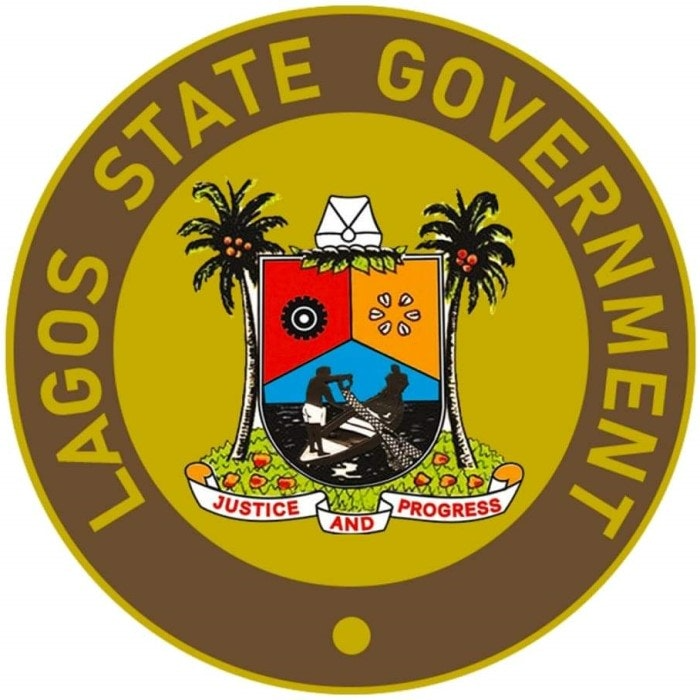JAMB promotion exam receives strong commendation as 6,000 civil servants take the commission’s first-ever CBT promotion test
JAMB promotion exam has taken centre stage after 6,000 directorate cadre staff of the Federal Civil Service Commission completed the commission’s first-ever computer-based promotion test.
Also read: WAEC CBT suspension draws strong intervention from lawmakers
The exercise, held on Thursday at the JAMB CBT centre in Kogo, Bwari, was also conducted simultaneously in the UK, US, India and Egypt.
Registrar of the Joint Admissions and Matriculation Board, Professor Ishaq Oloyede, described the initiative as a bold and visionary move by the commission.
He said many candidates arrived with apprehension but quickly relaxed once they understood the simplicity of the computer-based process.
He emphasised that anyone who can operate a mobile phone is capable of navigating the examination system, which relies on straightforward A B C options without the need for a mouse.
The JAMB promotion exam impressed officials who monitored the process. Dr Hussaini Adamu, the Commissioner representing the FCT and Niger, said candidates were initially tense but later expressed confidence and even preference for the system compared to the old paper format.
He praised the transparent setup, complete with CCTV surveillance, controlled entry, functioning systems and a comfortable testing environment.
Chairman of the Federal Civil Service Commission, Professor Adetunji Olaopa, called the exercise a significant milestone.
He said it marked the first time the commission would rely entirely on CBT for staff promotions and credited JAMB’s decades-long expertise for the seamless rollout.
According to him, partnering with an experienced agency provided the confidence needed to push forward despite initial reservations.
Observers said the success of the JAMB promotion exam could accelerate digital reforms across the public service.
Also read: Fubara dissolves Rivers Pensions Board after reinstatement
With candidates expressing delight and officials impressed by the clarity and fairness of the process, the initiative is being viewed as a powerful example of how technology can strengthen transparency and efficiency in government assessments.




























